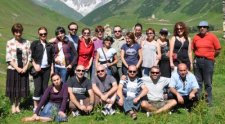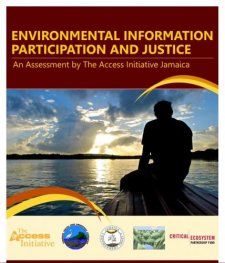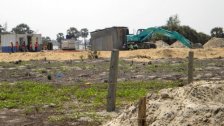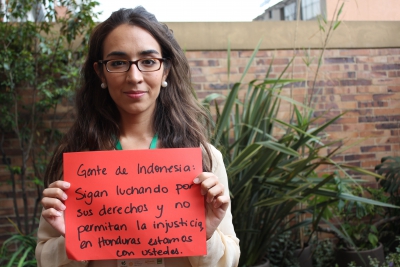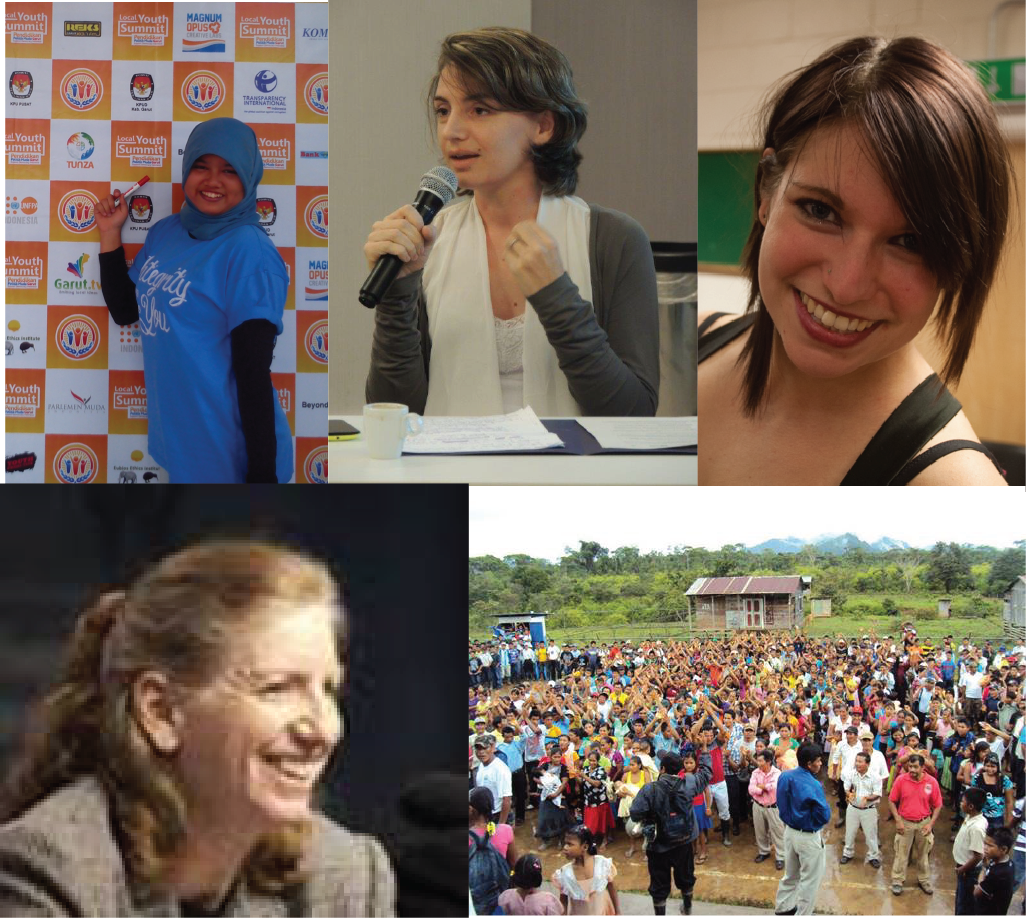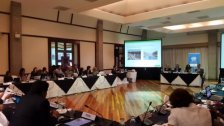Soon after the election of the new Government, a “High Level Committee” was constituted to review a list of Acts administered by the Ministry of Environment, Forests and Climate Change (MoEF&CC), namely: – Environment (Protection) Act, 1986 – Forest (Conservation) Act, 1980 – Wildlife (Protection) Act, 1972 – Air (Prevention and Control of Pollution) Act, 1974 – Water (Prevention and Control of Pollution) Act, 1981
The Committee was chaired by T.S.R. Subramanian, a former Cabinet Secretary, and comprised three other members, a retired judge of the Delhi High Court, former Secretary of the MoEF&CC and former Additional Solicitor of India.
After approximately 3 months of its constitution, and holding some regional Meetings, the Committee submitted its recommendations to the Government. We have been able to access a summary of the recommendations, which provides an insight into the possible direction of reform of framework of environmental laws in India.
-
Identify and pre-specify ‘no go’ forest areas, mainly comprising “Protected Areas” and forest cover over 70% canopy.
-
MoEF&CC to define the term ‘forest’.
-
Offer economic incentives for increased community participation in farm and social forestry by way of promoting and proving statutory safeguards to ‘treelands’ as distinct from forest.
-
Plantation of approved species on private lands for compensatory afforestation with facility for ‘treeland’ trading.
-
Revise procedure for clearance under Forest (Conservation) Act to reduce the time for granting clearance, without compromising the quality of examination. For linear projects it is recommended that The Scheduled Tribes and Other Traditional Forest Dwellers (Recognition of Forest Rights) Act, 2006 needs amendment to consider removal of the condition of Gram Sabha approval.
-
The compensatory afforestation (CA) guidelines be revised; CA on revenue land to be enhanced to 2:1 as against 1:1 at present; CA in degraded forest land be now fixed at 3:1; the Net Present Value (NPV) should be at least 5 times the present rates fixed. An appropriate mechanism to be created to ensure receipt of the CA funds, and their proper utilization, delinking the project proponent from the CA process, after he obtains other approvals, and discharges his CA financial obligations.
-
The quantum of NPV for compensatory afforestation needs to be sharply increased. A reliable mechanism for ensuring that CA is actually implemented, utilising either private or forest land, needs to be put in place.
-
Schedule 1 to be amended to include species likely to be threatened by illegal trade. An expert group should review the existing Schedules and address discrepancies relating to several species and sub species.
-
Regarding the issue of tackling damage to agriculture and farmland, the MoEF&CC may issue circulars to all states apprising them of the legal position, suggesting that they may take appropriate action based on legal provisions.
-
Preparation of Wildlife Management plans should be made mandatory and a provision to this effect inserted in the Wildlife Protection Act.
-
Amend the Wildlife Protection Act [Section 26A sub section (3) and section 35(5)] so that permission from the Central Government would only be necessary when the State Government proposes to reduce the boundaries of an existing protected areas.
-
Manufacture and possession of leg and mouth traps should be completely prohibited, except where they are required for visual display for educational purposes.
-
Officers entrusted with the task of settlement should be given minimum tenure of 2 years. Regular review of such work should be done to ensure completion within time.
-
‘Expert status’ to be given to the forensic facility of Wildlife Institute of India (WII), after suitably strengthening it.
-
Amend provisions of the Wildlife Protection Act [Section 50 and 55] to provide for adequate and purposeful delegation appropriate for faster and better prosecution in respect of a wildlife crime.
-
Authorise officers of the Wildlife Crime Control Bureau under the MoEF&CC to file complaints in Courts.
-
Add Polythene bags and plastic bottles as “injurious substances” and ban their use inside sanctuaries by amending the Wildlife Protection Act
-
MoEF&CC to take immediate steps for demarcation of eco-sensitive zones around all the protected areas; States may be asked to send proposals in a time-bound manner.
-
Delegate the powers to approve applications for bona fide observations research, through photography, including videography to the level of Park Director after verifying the credentials.
-
The Schedules should provide appropriate provision for taking into account the needs of local festivals, subject to no harm or injury to animals.
-
Proposals to revamp this project clearance / approval process.
-
Create National Environment Management Authority (NEMA) at Central Level and State Environment Management Authority (SEMA) at the state level as full time processing / clearance / monitoring agencies.
-
Proposed composition, functions and responsibilities of NEMA.
-
Proposed composition, functions and responsibilities of SEMA.
-
Proposed revised project approval process envisages ‘single window’ unified, streamlined, purposeful, time bound procedure.
-
Special treatment for linear projects, power / mining and strategic border projects.
-
Review of A/B category units, to delegate a large number brought under the purview of SEMA.
-
The present monitoring process, exclusively based on physical inspection should be strengthened by induction of technology, measuring instruments incorporating latest improvements; the standards setting and verification systems need to be tightened, to ensure all violators are identified.
-
(i) Create a new ‘umbrella’ law- Environmental laws (Management) Act (ELMA) – to enable creation of the institutions NEMA and SEMA. (ii)Induct the concept of ‘utmost good faith’, holding the project proponent responsible for his statements at the cost of possible adverse consequences
-
The new law to prescribe new offences, as also for establishing special courts presided over by session judge. ‘Serious offences’ as defined to attract heavy penalties, including prosecution / arrest.
-
Abatement of central and State Pollution Control Boards on creating of NEMA/SEMA.
-
Suggestion for incorporation of noise pollution as an offence in Environment Protection Act.
-
Procedure for appeals- creation of an appellate tribunal.
-
Judicial Review role of National Green Tribunal.
-
(i) Establish a National Environment Research Institute, through an Act of Parliament. (ii) Identify specific technical institutions / universities in India to act as technical advisors to the proposed NEMA/SEMA and other environmental enforcement agencies, to provide credible technical back-stopping for management of the environment.
-
An Indian Environment Service may be created, as an All India Service, based on qualifications and other details prescribed by MoEF&CC/DoPT/UPSC.
-
Encourage specialization in the Indian Forest Service in various aspects of forests and wildlife management, among the members of the service, as well as familiarity with all aspects of management of environment.
-
The MoEF&CC may like to undertake a comprehensive review of departmental forces management policies, practices and procedures, to initiate wide-ranging improvements and reforms. This preferably should not be an internal exercise, and should include independent knowledgeable experts from India and abroad, as well as qualified researchers.
-
The MoEF&CC may consolidate all existing EIA notifications/ circulars/ instructions into one comprehensive set of instructions. Amendments or additions may normally be done only once a year.
-
The MoEF&CC may arrange to revamp the Environment Protection Act, by inducting relevant provisions of the Water Act, 1977 and the Air Act,1981; the latter two could be repealed, when the revamped EP Act, 1986 comes into force. This exercise may be done keeping in view the provisions of the proposed Environment Management Act.
-
Create an Environment Reconstruction Fund for facilitating research, standard setting, education and related matters.
-
(a) While overall responsibility vests with the ministry, the State Governments and the local bodies will play an effective role in management of the environment. (b) The Government should provide dedicated budgetary support for environmental programmes as a part of each development project in all the sectors
-
Creation of a comprehensive database, using all instruments available, on an ongoing basis, in respect of all parameters relating to environment
-
Environmental mapping of the country, using technology, should be undertaken as an ongoing process.
-
Identification & recovery of environmental reconstruction cost relating to each potentially polluting unit should be built in the appraisal process.
-
Rework the system of empanelment of ‘consultants’.
-
A ‘green awareness’ programme needs to be sponsored, including issues relating to environment in the primary and secondary school curriculum
-
MoEF&CC should prepare regional plan for carrying out remediation of polluted sites in consultation with the State Governments and enabling provisions should be incorporated in Environment Protection Act for financing the remediation task.
-
Municipal Solids Waste (MSW) management has not been given requisite attention hitherto. New system and procedures for handling MSW need to be in place early for effective management of MSW and with accountability. Cities should set a target of reaching 20% of current level in 3 years time to work out a mitigation plan
-
Concerted multi-pronged effort to not only to contain, and improve the situation of deterioration of air quality by vehicle emission.
-
Encourage the use of science and technology, including by the approval and enforcement agencies.
-
Finalise the CRZ demarcation, and bring it into public domain.
-
In view of the key role played by the power sector, as also mining of various minerals in national development, NEMA may have a suitable cell, with specialisation, to speedily deal with environmental approvals in these sectors, with due regard to environmental considerations.
-
All specified type of units would employ fully qualified technical personnel to manage their pollution control / management equipment, and to keep the emission levels within prescribed limits.
-
MoEF&CC may consider reworking standard setting and revising a system of financial penalties and rewards to proceed to a market-related incentive system, which encourages ‘green projects’.
